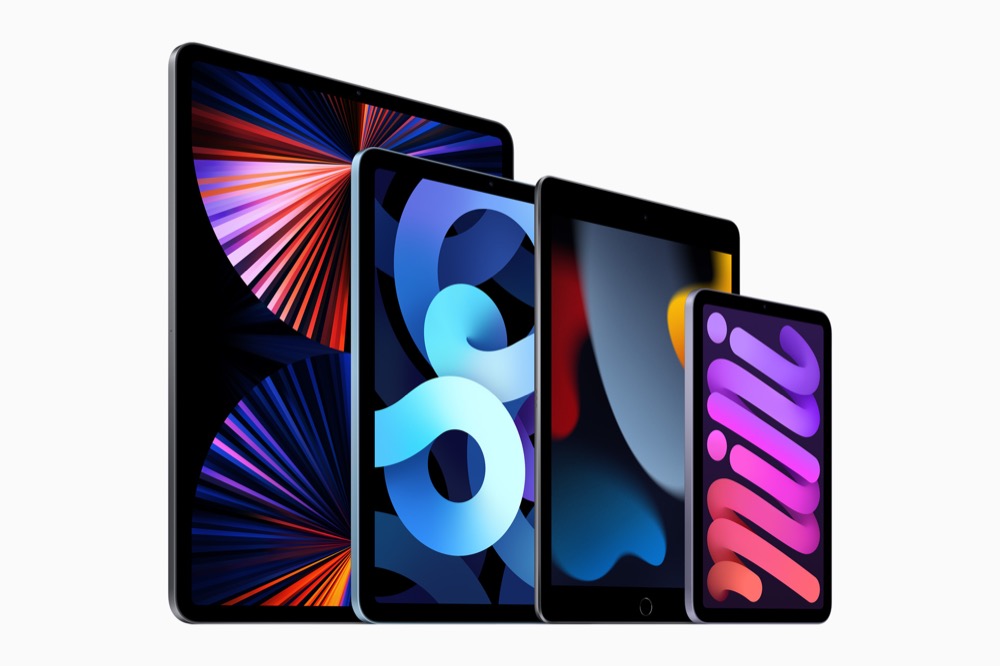Apple shifts some iPad production out of China in to Vietnam

Apple continues working to diversify its supply chain in order to better guarantee product supply and boost business resilience. Now it has moved some iPad production to Vietnam, following months of disruption in China.
Securing the Apple supply chain
Shifting manufacturing isn’t something that can be arranged on a whim, of course.
The shift likely reflects a longer-term plan. Apple had already begun exploring extending its supply chain in advance of the pandemic – it spent years working to that end with India, for example.
Nikkei seems to think the move is a response to the many recent production problems with Covid in China, but I suspect it is part of that longer term strategy – though it was potentially accelerated in response.
It’s not a wholesale shift. The report says a “small number” of Apple’s “best iPads” will be made in the region.
Now, call me old-fashioned, but this sounds like Apple is setting up a new production facility there, potentially for a new model iPad Pro, which we kind of expect in fall.
This is planning at a global scale
That Apple is planning this migration also makes sense, given Apple has asked suppliers to stockpile inventories to protect against future shortages. It is also asking members of its supply chain to gather components for all its products, including iPhones, iPads, Air Pods, and Macs.
Diversification is taking place across the Apple supply chain.
As previously reported here, Apple’s main manufacturer, Hon Hai/Foxconn is also building a chip production facility in Malaysia where it will manufacture power management chips, image sensors and other ‘legacy nodes’ which have been hard to source during the pandemic. Most big manufacturers, including Apple chip manufacturer, TSMC, are building similar facilities.
Foxconn also recently reached an agreement to enter a joint venture with India’s Vedanta to manufacture semiconductors there. Apple, we have also been told, has also allegedly asked manufacturers to begin making iPhone 14 devices earlier than usual.
Apple will likely continue its quest to build better resilience across its supply chain to handle future shocks.
Please follow me on Twitter, or join me in the AppleHolic’s bar & grill and Apple Discussions groups on MeWe.




